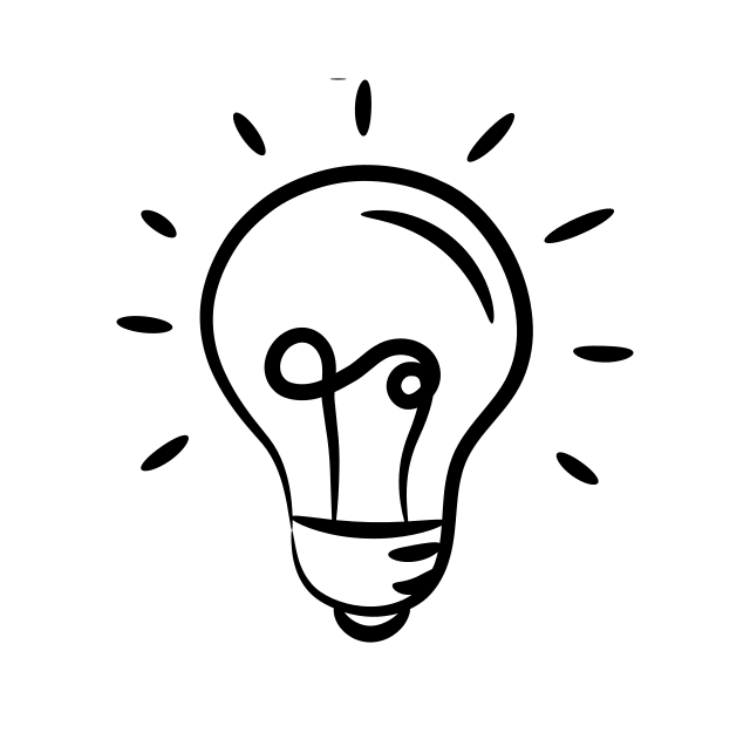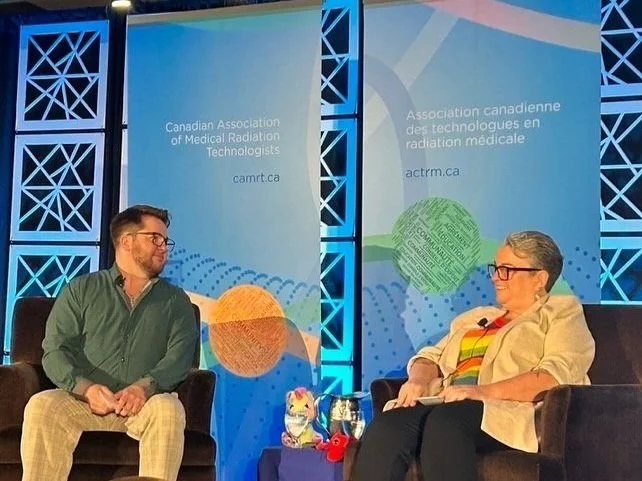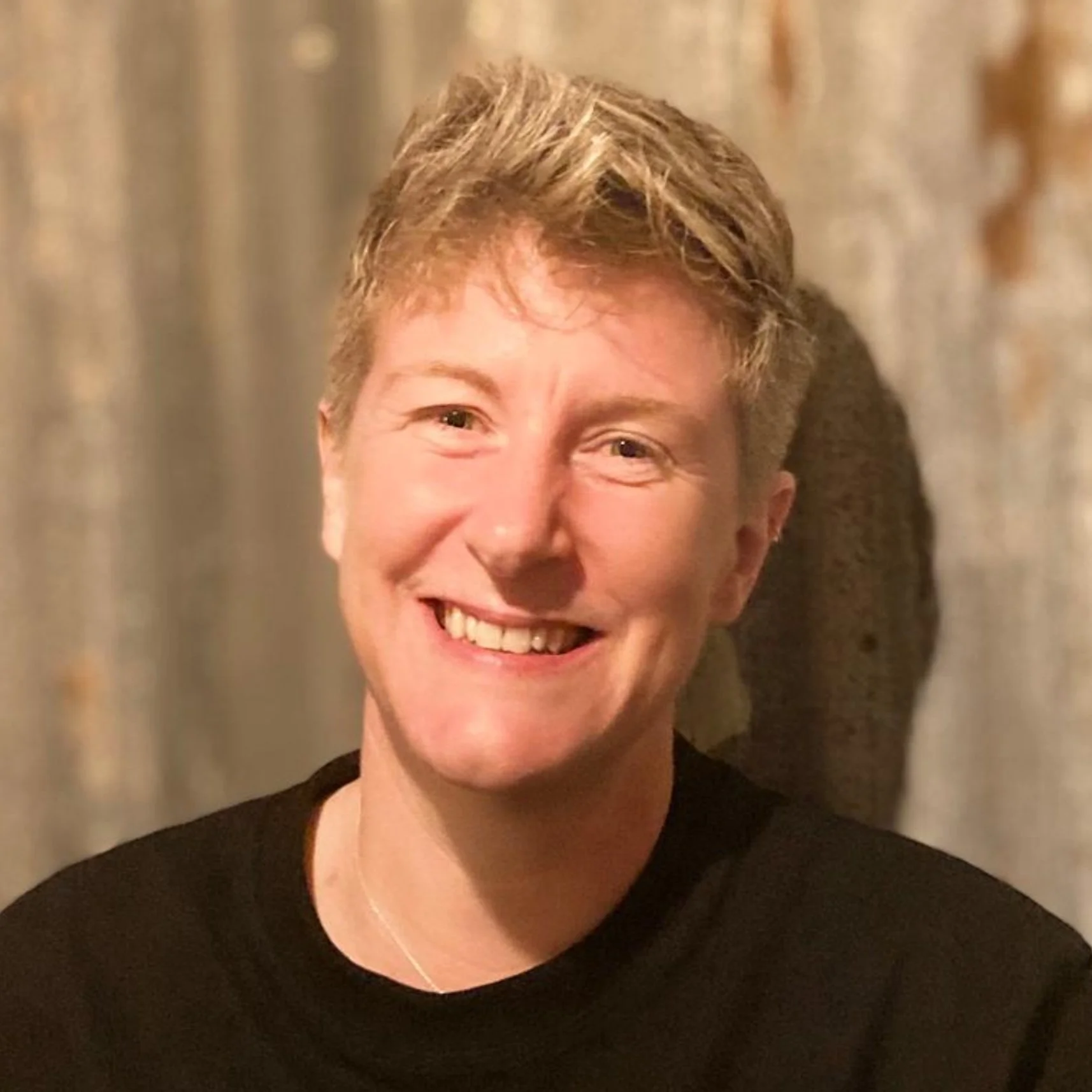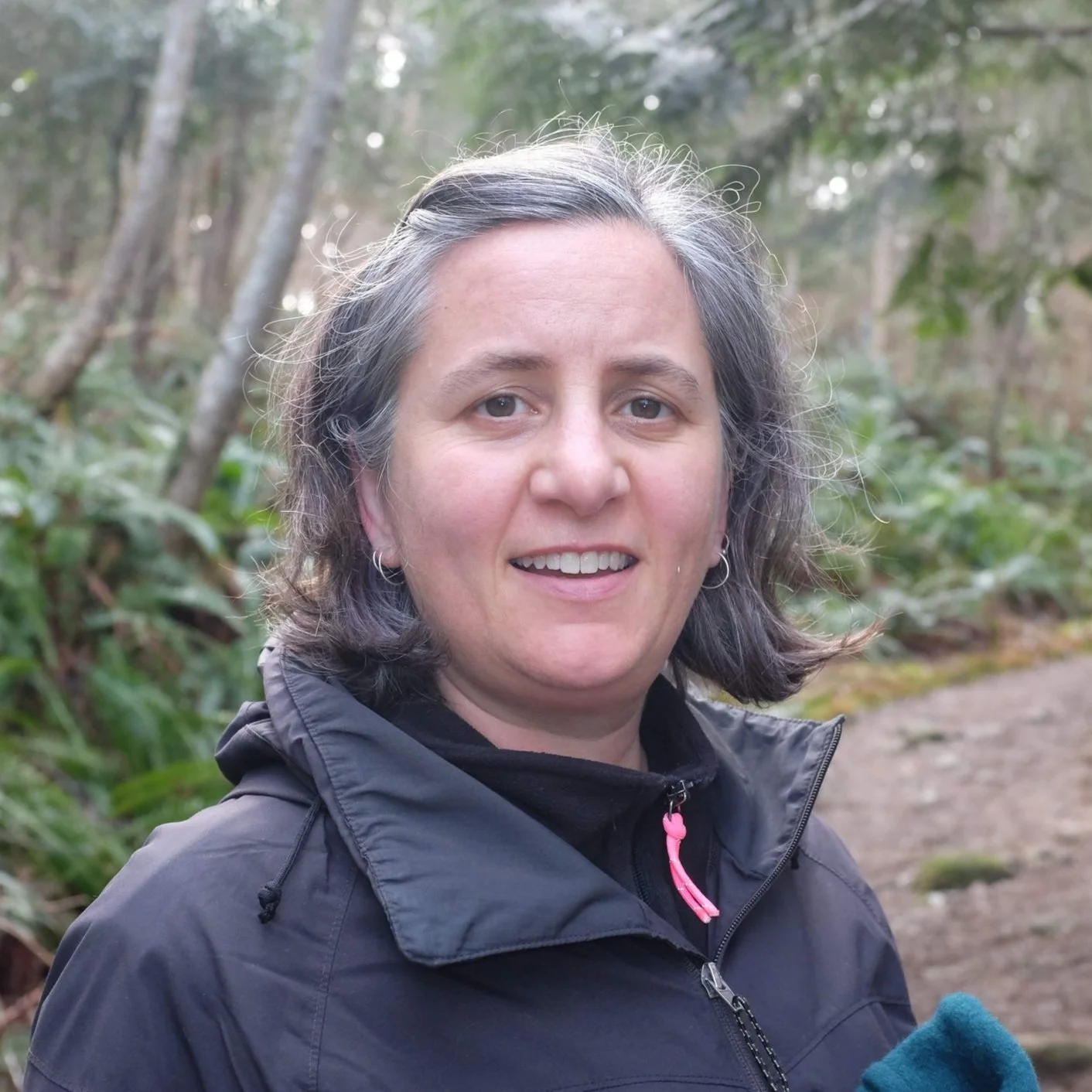About us
We are Canada’s only national organisation dedicated to supporting sexual and gender diverse people affected by cancer. Our team includes community partners, clinicians, and researchers from the 2SLGBTQI+ community.
Our mission
To advocate for inclusive cancer care for sexual and gender diverse communities in Canada by providing education, resources, and support, amplifying queer, trans and non-binary voices, and advancing inclusive care through community-driven research.
What we do
-

Inform
Educate providers, organizations, and healthcare institutions to help integrate inclusive cancer care.
-

Share
Highlight lived experiences by curating personal stories and accessible, 2SLGBTQI+ tailored resources.
-

Advocate
Drive change through research, partnerships, and policy efforts centered on 2SLGBTQI+ cancer experiences.
-

Support
Help create safe affirming spaces for 2SLGBTQI+ people affected by cancer to connect and find community.
Our team
“The research and stories that QC shares have been really important to me following my diagnosis with breast cancer. It’s hard to express just how alienating the pink-washed world of breast cancer can be for a soft butch queer woman.”








